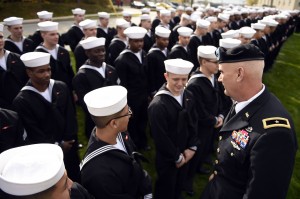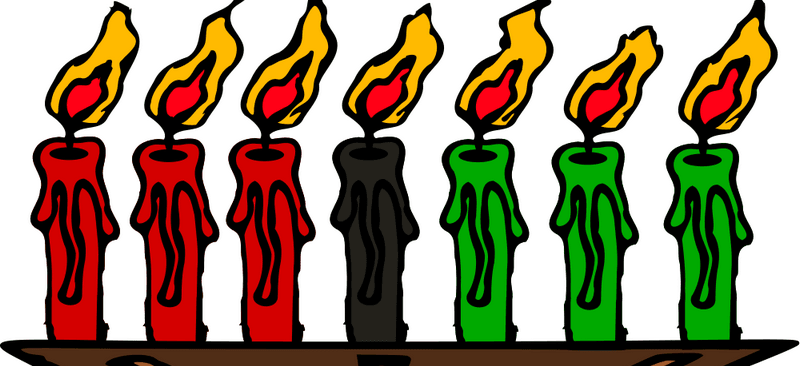
Every day it is a chance that it could be your last. Death is around every corner, and the people around you are trained to think just like you. Then one day, it is over; you leave the dangerous situation that you were in, and now you’re back home like nothing happened.
That is what many veterans are going through right now. They have come home after serving tours protecting their country, and now must adjust to a completely different life. Army First Lieutenant Brenden Watkins said, “Some people naturally adjust (to coming home) worse than others. Many skills learned in the army don’t translate well into the civilian sector.”
The skills Watkins refers to are the combat skills. The intense training that military personnel go through is part of their lives, and it is hard for most of them to just turn that off. The pressure of having to make a quick transition from dangerous situations to mundane tasks requires counseling, as it is a lot for anyone to do on their own.
During tours of duty, people in the military are in a different world from civilians. There is a pressure to do things the right way, or risk dying with the people fighting alongside you. Soldiers’ daily routine of risking their lives to keep the country safe is what civilians know about. However, the toil of not being around family members tends to weigh emotionally on veterans.
Cryptologic Technician Collection Third Class Jonathan McCorvey is currently in the midst of a tour with the U.S. Navy. McCorvey said, “You’re so happy to be back and have somewhat of a normal life after being consumed with the military every second of each day.” Veterans are eager to get back to some sense of normalcy.
The U.S. Army does have a training program to help veterans adjust to being in the back home. Sergeant First Class Marc A. Westenbarger, who works with DePaul’s ROTC program, talked about the programs the Army has for veterans.
“Within 120 days of their final separation all soldiers, either retiring or separating, must attend the Army Career and Alumni Program (ACAP),” Westenbarger said. “Here they will receive information about transition assistance workshops and individual counseling, job search and job placement assistance.” The Army provides help for their veterans to find careers after their tour ends.
If veterans want to take the route of going to college, the Army has a program where veterans receive documentation on any formal educational training. The program also teaches veterans about any programs they qualify for to help them pay for schooling. Counseling exists to help veterans that need psychological help after their last tour of duty. Despite the negative light that Veterans’ Affairs hospitals sometimes receive, veterans are required to get checked up before leaving the Army. Ultimately, some of the negative stigma that Veterans’ Affairs receives can be dispelled.
Coming home from duty can be challenging to any veteran no matter what branch of the military they were part of. Those veterans have a support system that can help them translate into a world they might not fit in perfectly right away. The U.S. Military makes an effort to ensure that its veterans have a direction to go in after they step off the plane and return home one last time.



